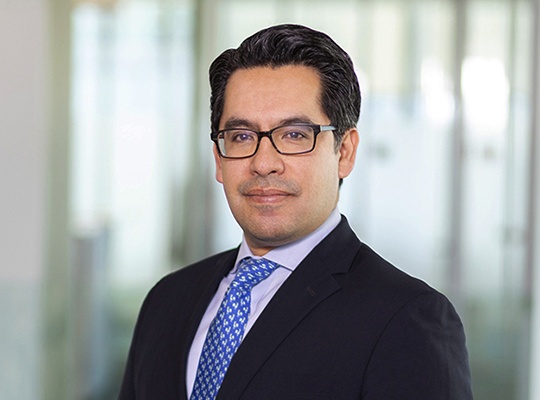Brazil’s “Car Wash” Operation Probes Banks for Employees’ Money Laundering Scheme
Brazilian authorities are investigating foreign and local banks for failure to prevent money-laundering transactions that would have led to bribery of officials of Petrobras, Brazil’s state-owned oil company. According to the investigation, employees of five major banks were actively involved in ccR$1.3 billion (US$310 million) money-laundering scheme between 2011 and 2014. Prosecutors are now considering the banks’ potential negligence for weak internal controls.
Background
Operation Car Wash (Operação Lava Jato), Brazil’s widely-know investigation into corruption, began in 2014 and has resulted in indictments, arrests, and significant fines around the world. It has also highlighted potential corrupt conduct throughout Latin America, including in Peru, Mexico, Argentina, and Venezuela.
Although Operation Car Wash has already resulted in significant fines and arrests, there is no indication that Brazilian authorities intend to slow down their efforts to investigate and prosecute corrupt conduct. Indeed, Operation Car Wash recently commenced its 70th phase focused on potential corruption regarding ship charter contracts executed by Petrobras, Brazil’s quasi-state owned oil and energy company.
A recent phase of Operation Car Wash that is most relevant to the banking community is the 66th phase of Operation Car Wash, named “Minimum Alert.” The Minimum Alert phase of Operation Car Wash commenced late last year and is focused on investigating possible money laundering by Brazil’s various banks, which Brazilian authorities believe, may have facilitated the undetected payment of bribes. As part of Minimum Alert, Police officers raided the homes of senior managers of Banco do Brasil—a state-controlled bank—searching for evidence of their involvement in a R$200 million (US$47.6 million) money laundering scheme. According to press reports, Banco do Brasil, which had been previously informed of the investigation, conducted an internal investigation and provided further evidence of the suspects’ misconducts to the police and prosecutors.
Brazilian prosecutors have also indicated that four managers from three different Banco do Brasil branches in São Paulo received bribes to allow black-market dollar dealers to open accounts that would facilitate hundreds of money laundering operations between 2011 and 2014. The suspects also evaded Banco do Brasil’s anti money laundering system, by blocking information required by Brazil’s Council for Financial Activities Control (COAF), an administrative entity in charge of examining and identifying suspicious financial occurrences.
While “Minimum Alert” was not the first time Operation Car Wash prosecutors probed banks’ involvement in potential money laundering operations, the impact on the finance industry has become more widespread. Indeed, as part of this most recent money laundering investigation, according to news reports, Brazilian authorities have tracked a total of R$1.3 billion in bribes that may have gone through irregular accounts at Banco do Brasil (R$200 million), Bradesco (R$989.6 million), Itaú Unibanco (R$94.5 million), Caixa Econômica Federal (R$4.1 million), and other banks.
Brazilian prosecutors have indicated that they will focus their investigation on whether the foreign and local banks adopted reasonable precautions to prevent the money laundering and their employees’ misconducts, or if the financial institutions neglected their compliance duties and should be indicted in Brazil.
How Dechert Can Help
Ensuring an effective and reliable compliance program has become one of the biggest goals for companies doing business in Latin America. In the past few years, the Department of Justice (DOJ) and Securities and Exchange Commission (SEC) have placed a significant focus on Latin America, resulting in 23 enforcement actions against Brazilian companies and individuals. In 2018, DOJ and SEC imposed penalties against Petrobras of US$1.78 billion, the single largest penalty levied, for misleading U.S. investors on the company’s corruption scandal. The ongoing discoveries in Operation Car Wash bring uncertainties for U.S. companies with a connection to Brazil. Dechert has helped many clients implement reliable compliance programs, investigate potential FCPA violations, and defend cases brought by the U.S. government.


